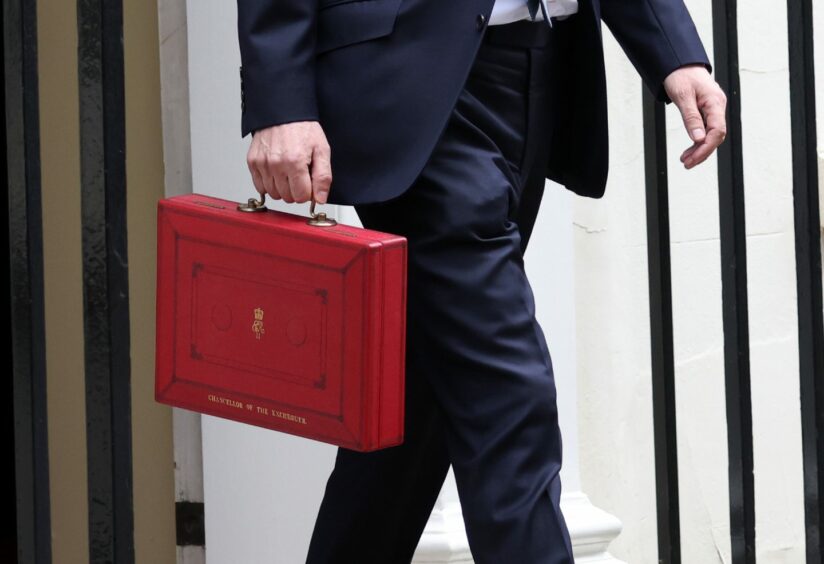Chancellor Jeremy Hunt unveiled some key changes for pensions in his Spring Budget. Paul Gibson explains what they mean for you.
Pension savers received a huge boost after the chancellor announced significant changes to the tax regime.
The increase to the annual allowance had been heavily trailed in advance but the proposed abolition of the lifetime allowance was a huge shock to most.
Why are things changing?
These measures are part of the UK Government’s growth plans to get more people back to work, including early retirees such as doctors who left for tax reasons. The hope is that it also incentivises others not to take early retirement in the first place.
What is the annual allowance?
The annual allowance is the most you can save in your pension pots in a tax year, which runs from April 6 to April 5, before you have to pay tax.
Introduced in the 2006-07 tax year, it was initially set at £215,000 gross per annum, rising to £255,000 in 2010-11.
Since 2014-2015 it has been reduced to £40,000 gross for most people but with greater restrictions for people who have flexibly accessed their money purchase pension pots or those deemed to be “high earners”.
Money purchase annual allowance (MPPA)
The MPAA is increasing from £4,000 to £10,000. It means those who have started to draw income from their pensions and left work – even part-time – may be encouraged to return full-time without being penalised for being part of a workplace pension scheme.
Tapered annual allowance
This impacts on “high earners” but is again increasing from £4,000 to £10,000. The rules are quite complex but essentially the changes should mean more people will not be impacted by the tapering rules and those that are will be able to contribute more.
What is the lifetime allowance?
The lifetime allowance is the limit on how much you can build up in pension benefits over your lifetime while still enjoying the full tax advantages. If you go over the allowance, you will generally have to pay a tax charge on the excess at certain times.
This tax charge will be removed from next month before the allowance is abolished entirely from April 2024 under the Finance Act.
The lifetime allowance is currently £1.073 million but has been as high as £1.8 million, in 2011-2012.
It has always been inherently unfair to have both a limit of pension payments in and benefits out, and the changes go some way to address this.
The maximum pension commencement lump sum, commonly known as tax-free cash, will be restricted to £268,275 and frozen thereafter. There will be some limited exceptions to this rule.
What next?
Planning for your retirement is a serious matter. We regularly plan for a three-decade retirement for couples, given improvements in longevity.
Government pension policy has, unfortunately, often led to short-term decision-making which is counterproductive to trying to plan over the longer term.
While the proposed changes are welcome will they last?
Paul Gibson is managing director of Banchory-based Granite Financial Planning.


Conversation